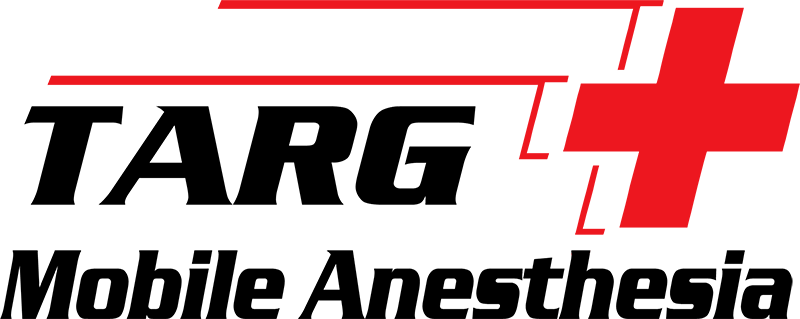I Turn Your Office Into a State of the Art Surgery Center
Latest, ultra-compact, monitoring and anesthesia equipment
By bringing to your office the latest, ultra-compact, monitoring and anesthesia equipment, I can safely and affordably provide either dental general anesthesia or intravenous sedation to your patients. I furnish all drugs and supplies needed to perform a hospital-grade anesthetic. I am Stanford and UCSF trained (including special pediatric anesthesia training at Oakland Children’s Hospital), experienced (over 20 years in private practice), ACLS certified, and hold a current ‘General Anesthesia Permit’ issued by the Dental Board of California. From a patient safety perspective, I turn your treatment room into a fully equipped surgery center complete with emergency equipment including a defibrillator and crash cart.
Legal, Safe and Practical
Legally, you have the right to provide your patients with the services of a board-certified physician anesthesiologist. My practice standards exceed the safety requirements of TDIC, ProPlus, and Fireman’s. Dentists insured with TDIC need only request a class 20 amendment of a class 11 policy. Best of all, there is no increase in your malpractice premium to use my service. I carry my own 1M/3M malpractice coverage. As you can see below, when it comes to insurance protection, I have you covered.
“Dr. Targ, this letter confirms that your professional liability policy will include coverage to you when administering anesthesia in an office setting – that of other physicians, dentists, and podiatrists.”
– Cathy Aubrey, NorCal Mutual Insurance Senior Underwriter
I Treat Your Patients Right
I treat each patient with respect and professional care. I make the entire process as easy as possible and provide brochures and consent forms in Spanish and English. Preoperatively, I telephone every patient to evaluate and properly prepare them for anesthesia. I examine healthy patients in the office just before the scheduled procedure. For healthy patients, I require no labwork. For those patients with health problems, I have extensive expertise in assessing the anesthetic considerations of coexisting diseases and, if needed, will schedule a pre-op examination or test well in advance of the procedure.
I continuously monitor EKG, Pulse, BP, Blood O2 Saturation, temperature, breath sounds, and inspired and expired O2, CO2, and sevoflurane concentrations.
What is Total Intravenous Anesthesia (TIVA)?
With my electronic propofol infusion pump, I select and adjust the infusion rate to maintain a constant propofol blood concentration appropriate for the planned technique, ranging from sedation with a nasal airway to general anesthesia.
What is Hospital Grade Dental General Anesthesia?
With this technique, I start general anesthesia by IV or mask inhalation. After the patient is asleep, I completely secure and protect the airway with a nasal endotracheal tube combined with a throat pack. Then, I continue general anesthesia by either inhaled anesthetic agent or TIVA. The endotracheal tube minimizes the risk of laryngospasm and aspiration during the procedure. Using this technique, I do not rely on the patient’s reflexes to protect the airway. After I place a nasotracheal tube, you will have full access to the mouth for the procedure and bite impressions. You can work uninterrupted for as long as you wish with as much water as needed. There is never any problem with airway obstruction or need to do a “jaw thrust” or “chin lift” intervention to clear the patient’s airway.
Billing Made Easy, for You and Your Patients.
Dentists pay nothing to use my service. I work directly with patients and accept checks, cash, Visa, and MasterCard. Unlike other anesthesiologists who make the patient struggle to figure out all the medical insurance billing, I apply all the knowledge I have accumulated in billing for thousands of procedures and will actually prepare and submit the bills for the patient and write them a check when I am paid.
Under the California Medical Insurance Code (section 10119.9), health benefit plans must by law pay anesthesia and facility fees for dental work in a surgery center setting for people with medical problems or developmental disabilities and for all children under age 7.

